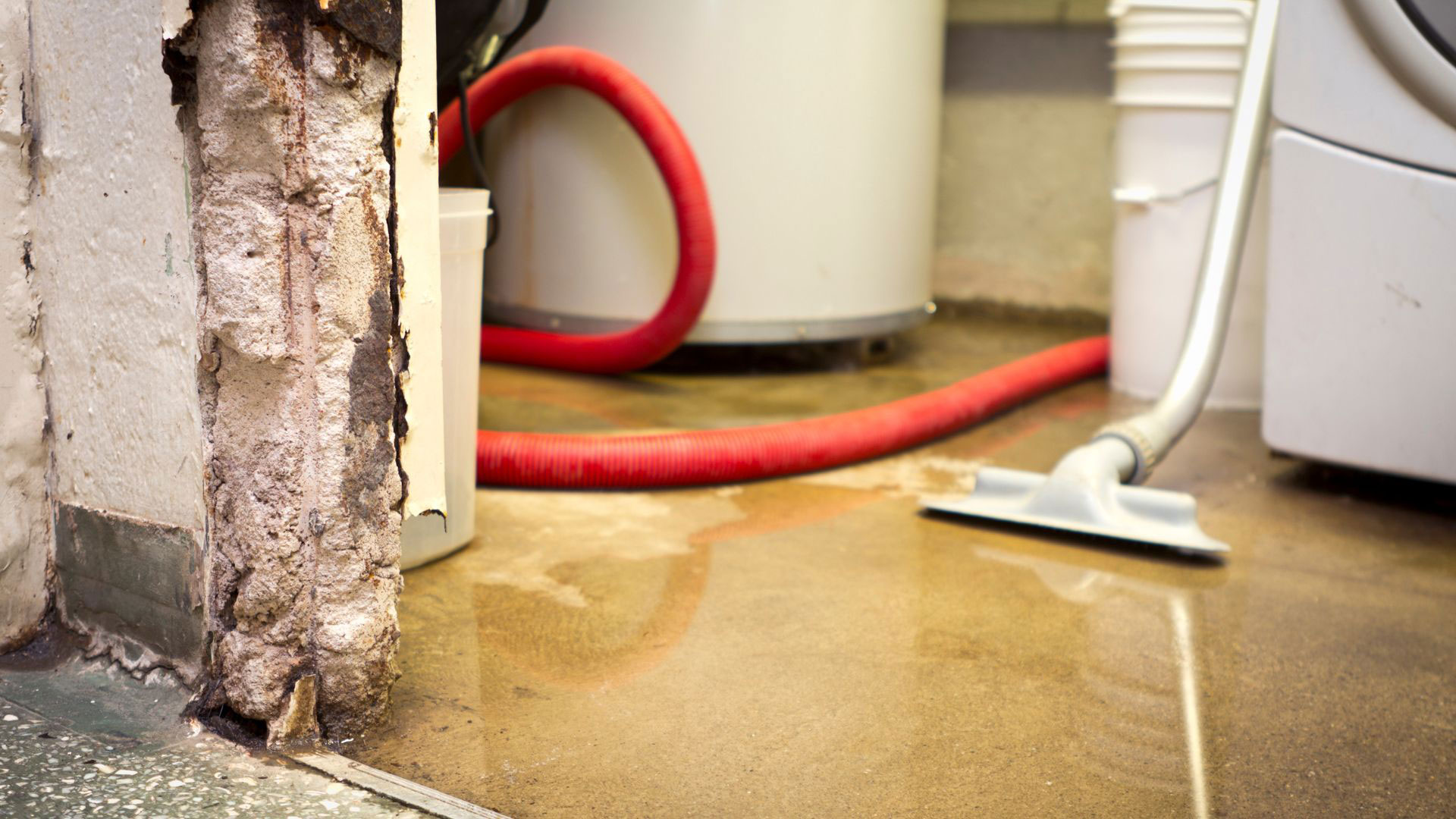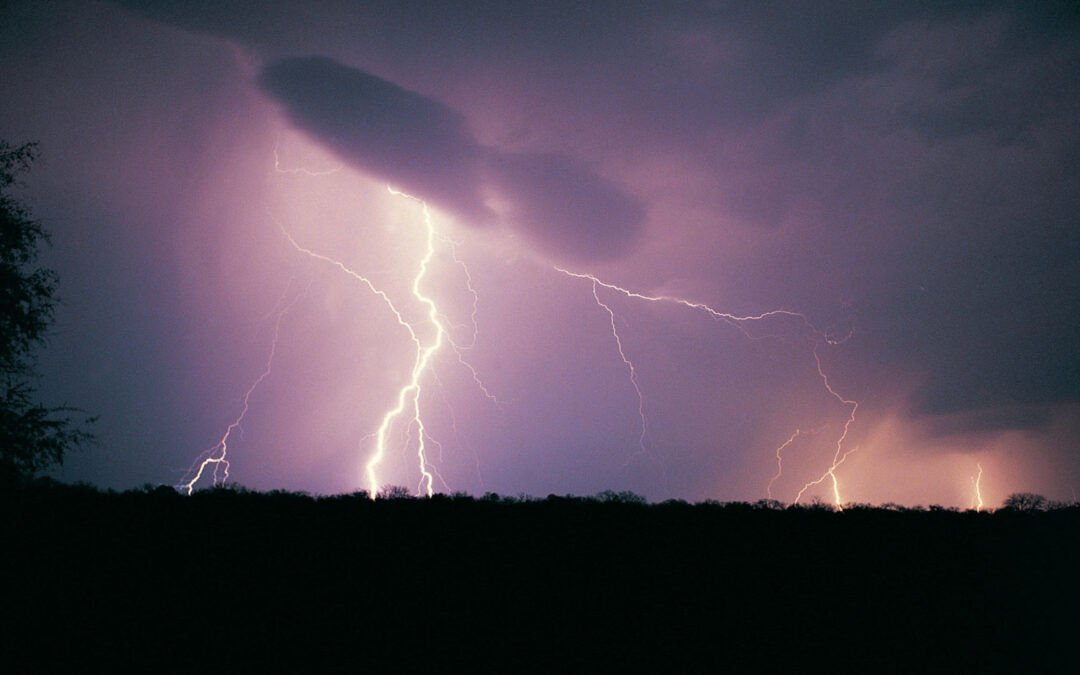Winter brings its own set of challenges for commercial properties, with the risk of winter water damage being the most significant concern. As temperatures begin to drop and snow begins to accumulate the potential for flooding increases. At 360 Fire & Flood, we want to help you take proactive measures to prevent potential damage to your business.
Securing Your Commercial Property
As temperatures fluctuate through the winter and into spring, rain, and melting snow can pose a serious risk to your business. It is important to understand essential strategies to protect your commercial property from the adverse effects of winter water damage.
Risk Assessment & Preparation
Conduct a comprehensive risk assessment of your commercial property to identify vulnerable areas and potential sources of water damage. Develop a detailed winter water prevention plan based on the assessment.
Roof Inspection & Maintenance
Regularly inspect and maintain your property’s roof to identify any weak points or damage. Heavy snow loads can stress roofs, leading to leaks and water damage.
Preventing Ice Dams
Ice dams can cause water to pool on roofs, which can lead to leaks and interior damage. Ensure the gutters are clean and consider installing heating cables on the roof to prevent ice dams from forming.
Proper Insulation and Weather Sealing
Insulate the property adequately and seal any gaps or cracks in windows, doors, and walls. Proper insulation helps maintain a consistent indoor temperature and reduces the risk of frozen pipes, a common cause of winter water damage.
Protecting Pipes & Plumbing
Frozen pipes can burst and cause significant damage. Insulate exposed pipes and ensure that heating systems are functioning properly.
Sump Pump Installation
Installing a sump pump in basements or lower-level areas of the property can be crucial for preventing water damage. A sump pump automatically removes excess water, reducing the risk of basement flooding during winter thaws.
Landscape & Drainage Solutions
Evaluate the property’s landscaping to ensure proper drainage. Remove snow from around the foundation and create pathways for melting snow to flow away from the building. Implement effective drainage solutions to redirect water safely.
Emergency Response Plan
Develop and communicate an emergency response plan that includes clear procedures for handling a winter flood. Designate responsible individuals, outline evacuation routes, and ensure all staff members are aware of emergency protocols.
Insurance Review
Regularly review and update your commercial property insurance to ensure it provides adequate coverage for potential winter water damage. Understand the terms and conditions of your policy, including coverage for business interruption.
Community & Weather Alerts
Stay informed about local weather conditions and flood alerts. Utilize community resources and alerts to stay ahead of potential winter water damage risks and take proactive measures.
Ready to Respond 24/7
Ensuring your commercial property stays safe from winter water damage is all about teamwork – a blend of meticulous planning, ongoing maintenance, and quick responses to the ever-changing weather. If you ever find yourself facing an emergency this winter, contact us. Our disaster planning experts are here to chat and guide you through it with confidence and ease.



